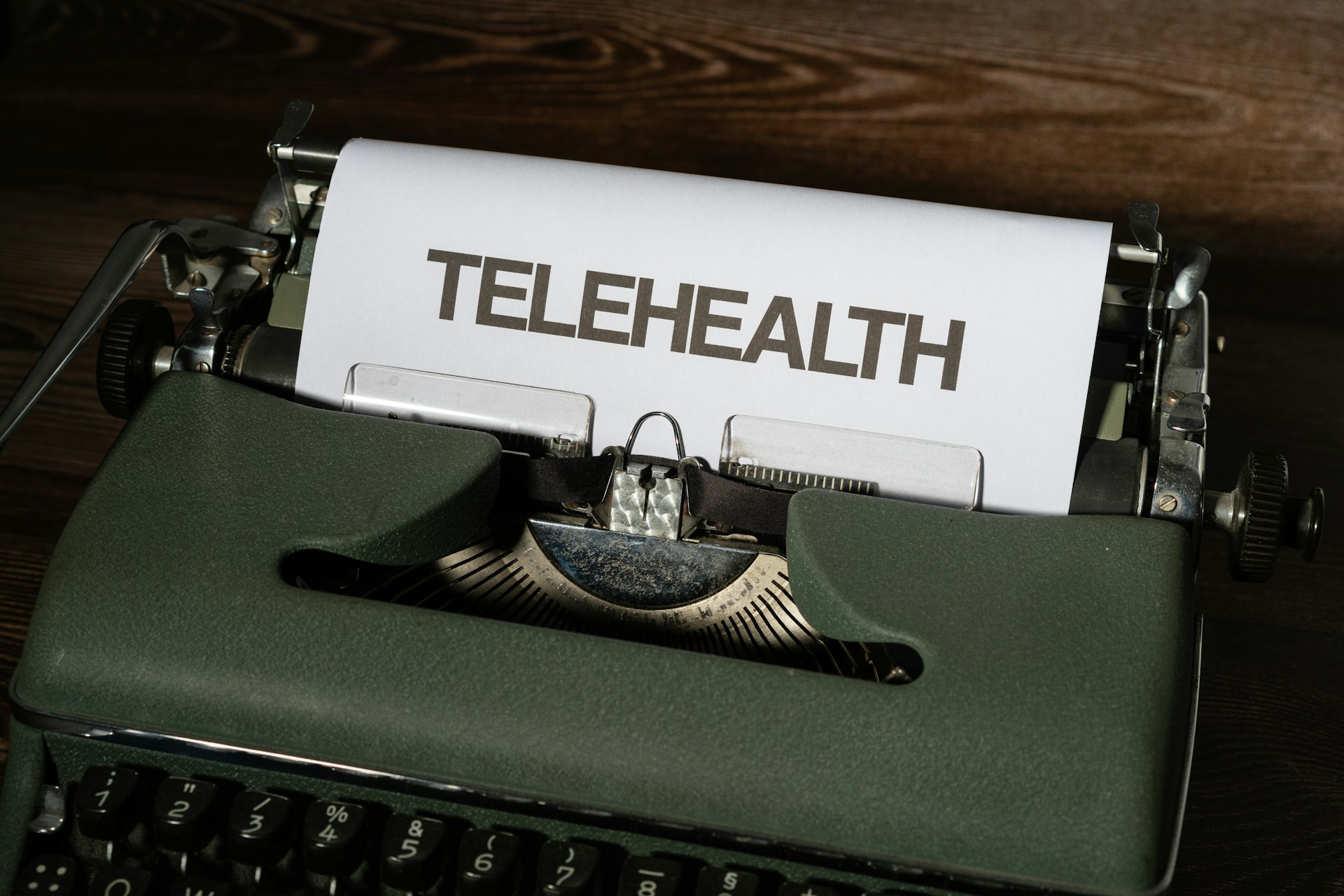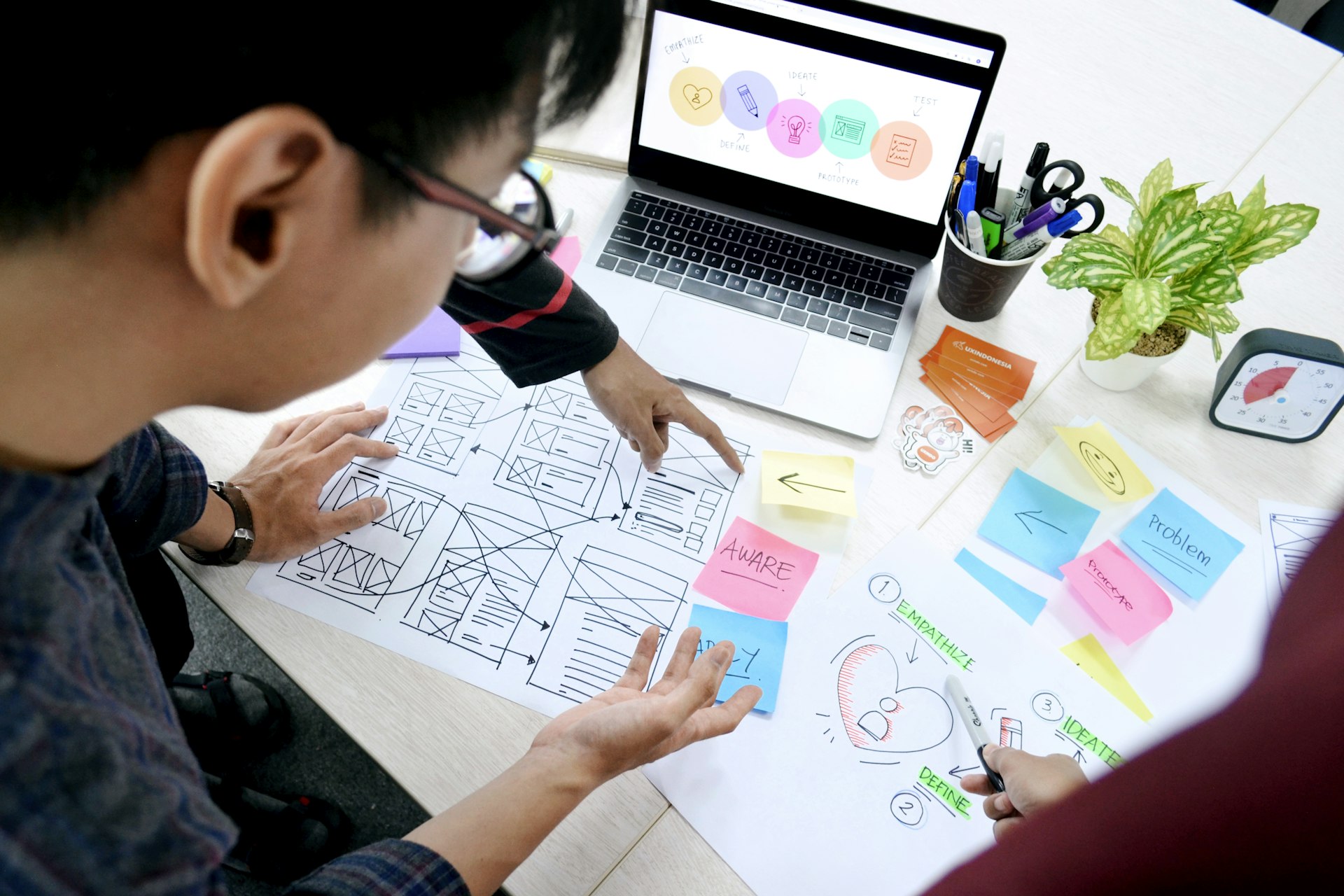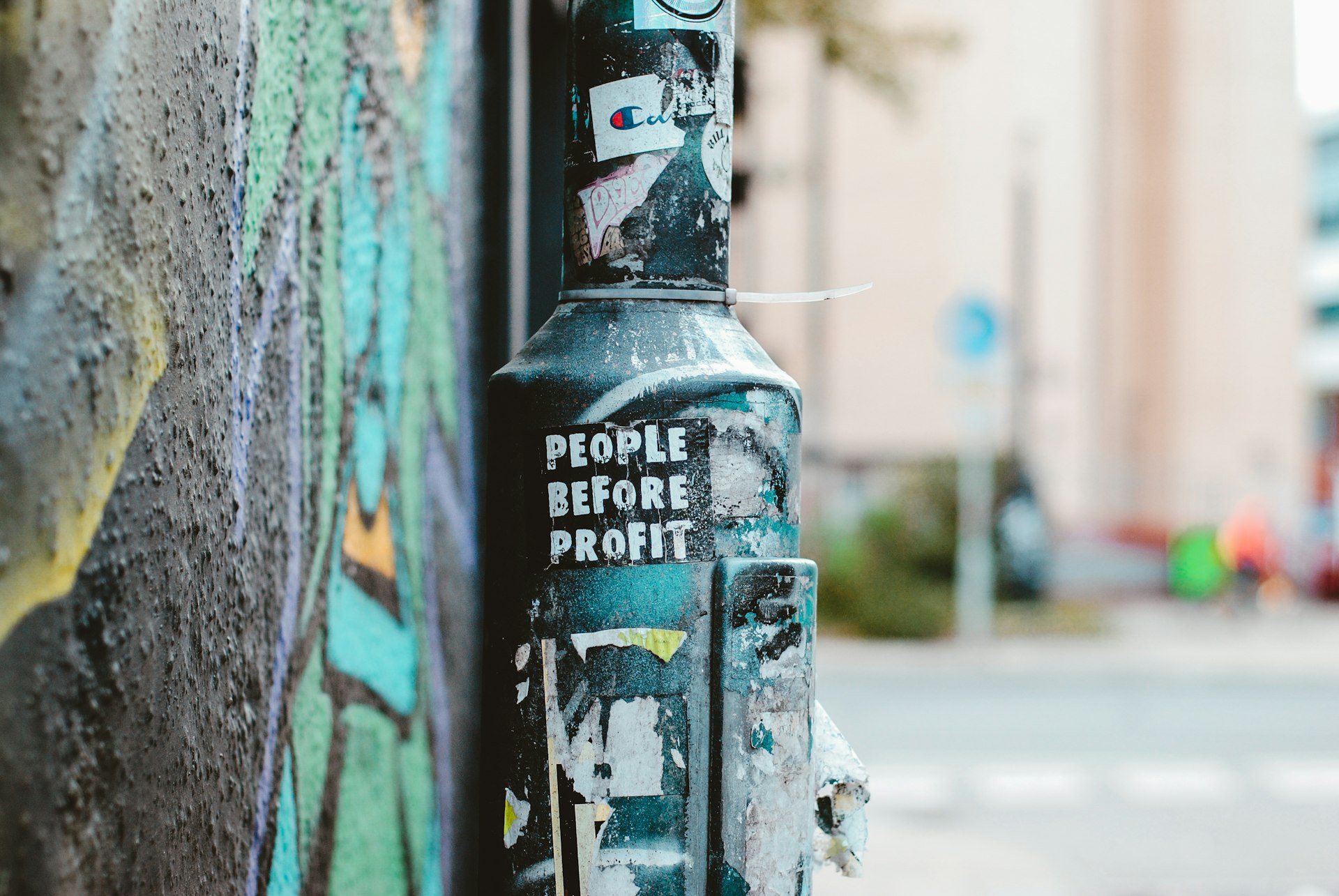Unlocking the Future: How Blockchain Could Revolutionize Healthcare Records

Photo by Fotos on Unsplash
Introduction: The Promise of Blockchain for Healthcare Records
Healthcare record-keeping is on the cusp of a digital revolution. As patients receive treatment from multiple providers, their medical data is often scattered across disconnected systems, posing risks to continuity of care, data security, and patient privacy. Blockchain technology is now emerging as a promising solution to many of these challenges, with the potential to fundamentally reshape how electronic health records (EHRs) are managed, accessed, and secured [1] [3] .
The Current Landscape: Fragmented Records and Limited Control
In the United States, the average person has nearly 19 separate medical records from almost as many different doctors. This fragmentation occurs because there is no universal patient identifier and limited interoperability between healthcare organizations. As a result, patients often have little control over who can access their records, and healthcare providers struggle to deliver comprehensive, coordinated care [1] . These limitations highlight the urgent need for a more unified, secure, and patient-centric approach to healthcare data management.
How Blockchain Works in Healthcare Records
Blockchain is a decentralized, tamper-evident ledger technology. In the context of healthcare, each participant (hospital, clinic, pharmacy, etc.) can join a secure network where all transactions-such as updating or accessing a medical record-are validated and recorded across the entire system. This model offers several key benefits:
- Security & Privacy : Data is encrypted and each access or change is logged, making unauthorized access much harder [3] .
- Patient Control : Patients can grant or revoke access to their records, empowering them to control their own health data [4] .
- Interoperability : Blockchain can connect disparate systems, enabling seamless data exchange between providers without custom interfaces [1] .
- Data Integrity : Once a record is written to the blockchain, it cannot be altered without detection, ensuring a trustworthy medical history [3] .
Practical Applications: What Blockchain Can Enable
In the near future, blockchain could transform healthcare records management in several actionable ways:
- Identity Management : By providing a unique, verifiable digital identity for each patient, blockchain can help aggregate records from different providers [1] .
- Consent Management : Patients could easily authorize and monitor who accesses their data, and withdraw permission at any time [4] .
- Health Information Exchanges (HIEs) : Blockchain can facilitate secure, transparent sharing of data among healthcare organizations, reducing reliance on costly intermediaries [1] .
- Claims Processing : Automating claims validation and payment through smart contracts can streamline billing and reduce fraud [4] .
- Public Health Initiatives : De-identified, aggregated records can be securely shared to monitor trends and respond to outbreaks [1] .
Case Studies and Current Implementations
Some healthcare organizations are already piloting blockchain-based EHR systems. For example, several hospital networks have begun testing platforms that enable patients to store their own health records and grant providers access as needed. Early results indicate improvements in privacy, security, and the ability to aggregate data from multiple sources. However, these pilots also highlight challenges such as integrating blockchain with legacy systems, ensuring regulatory compliance, and managing resource consumption [3] [2] .

Photo by H&CO on Unsplash
Implementation Steps: How to Access Blockchain-Based Healthcare Records
If you are interested in accessing or implementing blockchain-based healthcare records, consider the following steps:
- Research Available Solutions : Currently, most blockchain healthcare applications are in the pilot or early adoption stage. Begin by searching for “blockchain EHR pilot programs” in your region or consulting with major healthcare providers to inquire about blockchain initiatives.
- Engage with Providers : Patients can ask their healthcare providers whether they participate in any blockchain-based record systems or health information exchanges. Providers may be able to offer guidance on how to enroll or access your records through these new platforms.
- Monitor Industry Developments : Healthcare technology is evolving rapidly. To stay informed, follow updates from industry associations such as the Healthcare Information and Management Systems Society (HIMSS) or read peer-reviewed journals on health IT innovation.
- Understand Consent and Privacy Policies : Before enrolling in any new digital health platform, review privacy policies and consent mechanisms to ensure you retain control over your data.
- Alternative Approaches : If blockchain solutions are not yet available in your area, explore patient portals offered by major hospital systems, which may be integrating blockchain or related security technologies in the near future.
For health professionals and administrators considering implementation, it is advisable to consult with IT vendors specializing in healthcare blockchain, conduct a thorough regulatory review, and participate in pilot projects with established healthcare networks.
Challenges and Limitations
Despite its promise, blockchain integration faces significant hurdles. Key challenges include:
- Scalability : As the volume of health data grows, blockchain networks must be engineered to handle high transaction volumes efficiently [4] .
- Interoperability with Legacy Systems : Many healthcare providers rely on older EHR software that may not easily connect to new blockchain networks [2] .
- Regulatory Compliance : Healthcare data is subject to strict regulations like HIPAA in the U.S. Any blockchain solution must ensure full compliance, including auditability and patient rights [3] .
- Data Quality : Blockchain can preserve data integrity, but it cannot correct errors at the point of entry. High-quality input remains essential [4] .
- Resource Consumption : Some blockchain approaches require significant computing power, which may challenge small practices [3] .
Overcoming these obstacles will likely require multi-stakeholder collaboration, flexible architectures, and ongoing research into healthcare-specific blockchain models.
Looking Ahead: The Future of Blockchain in Healthcare Records
By 2040, experts predict that blockchain could play a central role in healthcare, offering secure data exchanges, supporting patient-owned health records, enabling data-driven research, and automating administrative processes via smart contracts [4] . However, realizing this vision will require ongoing attention to scalability, regulatory alignment, and equitable access for providers of all sizes.
For patients and providers who want to prepare for this future, staying informed is key. Monitor updates from the Office of the National Coordinator for Health Information Technology (ONC) and other official agencies, and consider participating in pilot programs as they become available. You can also work with your current healthcare providers or IT vendors to explore secure data sharing options that may incorporate blockchain or related technologies.
Summary and Key Takeaways
Blockchain has the potential to deliver:
- Enhanced security and privacy for health records
- Greater patient control and ownership of data
- Streamlined sharing and interoperability between providers
- New opportunities for research, public health, and administrative automation
While full-scale adoption may take years, the journey toward blockchain-enabled healthcare records is underway. For now, patients and professionals can prepare by staying informed, advocating for interoperable systems, and seeking out opportunities to participate in pilot programs as they become available.
References
- RGA (2024). Electronic Health Records: Is Blockchain a Good Fit?
- Bhattacharya, S. (2024). Blockchain in Electronic Health Records: A Comprehensive Review of Current Trends and Future Directions.
- Ettaloui, N. et al. (2024). Blockchainâ€Based Electronic Health Record: Systematic Literature Review.
- De Novi, G. et al. (2023). Blockchain Technology Predictions 2024: Transformations in Healthcare.
MORE FROM eboxgo.com













